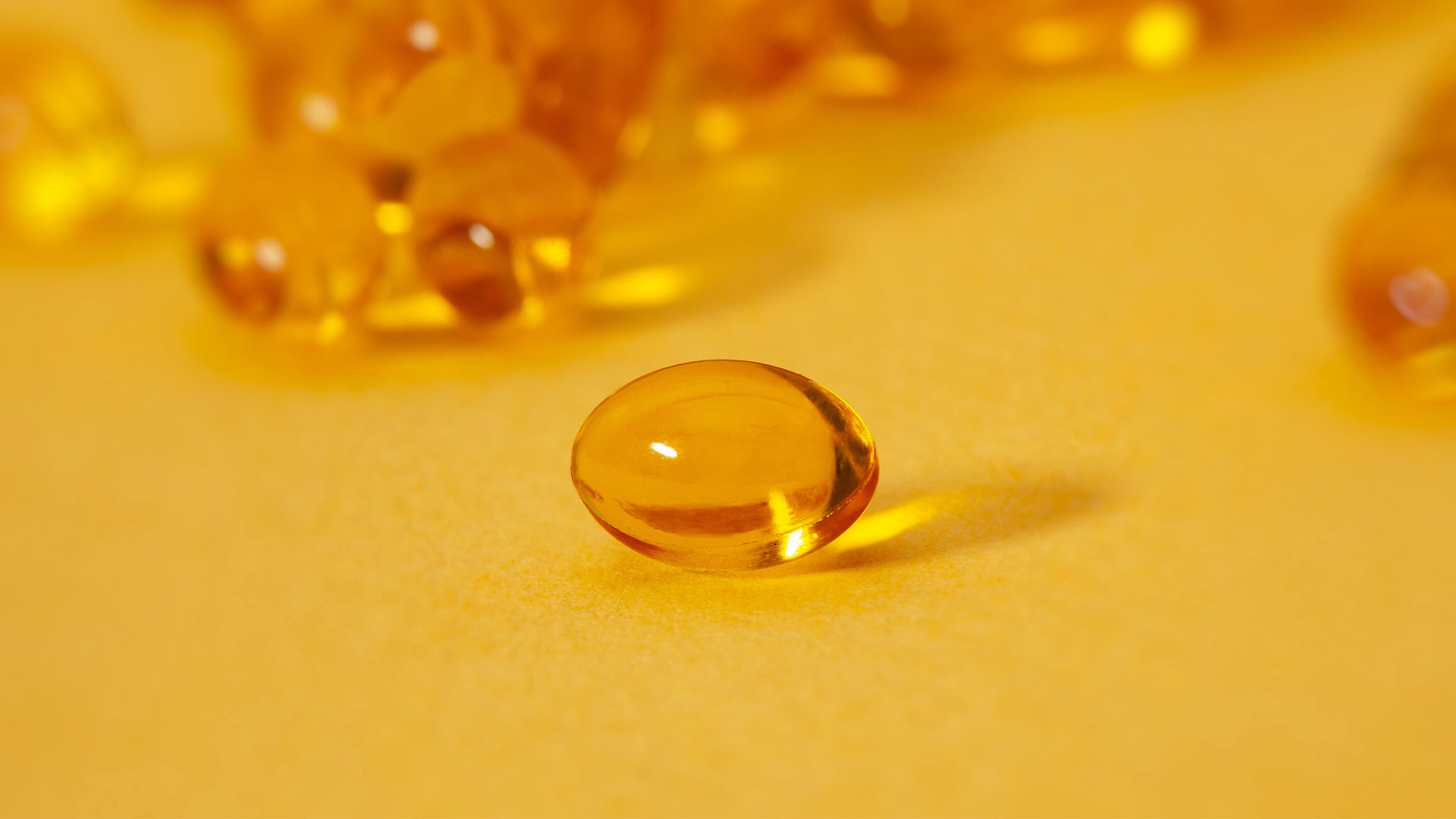Article: How do vitamins work in the body?

How do vitamins work in the body?
You have probably heard about the importance of vitamins since your childhood. Maybe you've been encouraged to eat fruits and vegetables by your family or your doctor. We've all heard about vitamin C in oranges and the risk of vitamin D deficiency in winter. But what exactly are vitamins and how do they work in our body?
In today's blog post, we'll take a closer look at these essential "builders", "protectors", and "defenders" of our body. We'll explore the types of vitamins and their functions, how long it takes for a vitamin to work, and their significance for maintaining a healthy body.
What Do Vitamins Do?
Vitamins are compounds that our bodies need in small amounts to function properly and stay healthy. Since our bodies cannot produce most of the vitamins by themselves—vitamin D being the notable exception—we need to ensure we get them through our diet or supplements.
There are two main types of vitamins:
- Water-soluble vitamins are not stored by the body. Since they are eliminated in the urine, we require a continuous daily supply in our diet. These include vitamin C and the B vitamins: thiamine (B1), riboflavin (B2), niacin (B3), pantothenic acid (B5), pyridoxine (B6), biotin (B7), folic acid (B9), and cobalamin (B12).
- Fat-soluble vitamins are absorbed better into the bloodstream when consumed with fat. The four fat-soluble vitamins are vitamins A, D, E, and K. Unlike water-soluble vitamins, excess fat-soluble vitamins are stored in the liver or fatty tissue for later use.
Understanding the kinds of vitamins and their functions is crucial for maintaining overall health. For instance, vitamin C and D play significant roles in our well-being, especially during the winter months when sunlight is limited.
How Vitamin A Works
Vitamin A is vital for maintaining normal vision, immune function, and healthy skin. It is found in animal products like meat, chicken, fish, and dairy in its active form. Provitamin A carotenoids, such as beta-carotene, are the inactive forms found in plants and can be converted into vitamin A in the body.
Our patented AAVALABS formula contains natural beta-carotene, supporting normal iron metabolism, immune function, normal vision, and skin health.
Suggested products: Beta Carotene
How B Vitamins Work
The B vitamins are a complex of several closely related water-soluble vitamins essential for numerous metabolic functions. They are crucial for energy production, nervous system health, and muscle and skin regeneration. Examples include:
- Thiamine (vitamin B1) contributes to normal nervous system function.
- Riboflavin (vitamin B2) helps reduce fatigue.
- Pantothenic acid (vitamin B5) supports mental performance.
- Vitamin B6 aids in immune system function.
- Vitamin B12 is essential for cell division.
The AAVALABS B Complex includes all 8 essential B-vitamins, making it an excellent choice for ensuring adequate intake.
Suggested products: Vitamin B Complex
How Vitamin C Works
Vitamin C is renowned for its role in supporting the immune system. Found in high concentrations in acerola cherries, rose hips, peppers, cabbage, and other foods, it plays a crucial role in various metabolic processes including hormone production and collagen synthesis.
Our vitamin C product combines acerola, rose hips, and camu camu extract into a potent mix.
Suggested product: Natural Vitamin C Complex
How Vitamin D Works
Vitamin D is produced by the body in response to sun exposure. It plays a critical role in maintaining normal calcium levels, supporting bone health, and boosting the immune system. During the autumn and winter months, when sunlight is insufficient, it can be challenging to get enough vitamin D from food alone. Therefore, vitamin D supplements are particularly important during these seasons to avoid deficiency.
Vitamin D deficiency can lead to symptoms such as fatigue, muscle pain, and frequent illness. For those with darker skin or living in areas with limited sunlight, monitoring vitamin D levels is essential.
Suggested products: Vitamin D, Vitamin D drops
How Minerals Work in the Body
Just as vitamins in the body are essential, minerals also play a crucial role in health. They are needed for various bodily functions including bone growth, nerve impulse transmission, hormone production, and heartbeat regulation. Our product range includes various mineral supplements to support your body’s needs.
Suggested products: Magnesium Citrate, Fullnesium, Triple Zinc, Probiolac, Premium Probiolac
Taking Vitamins the Right Way
While vitamins and supplements are important for a healthy body, they should complement a balanced diet rather than replace it. It’s a common misconception that taking more vitamins automatically means better health. To maximise the benefits of your supplements, we recommend reading our blog post, "7 Things You Should Know Before You Start Taking Supplements."



